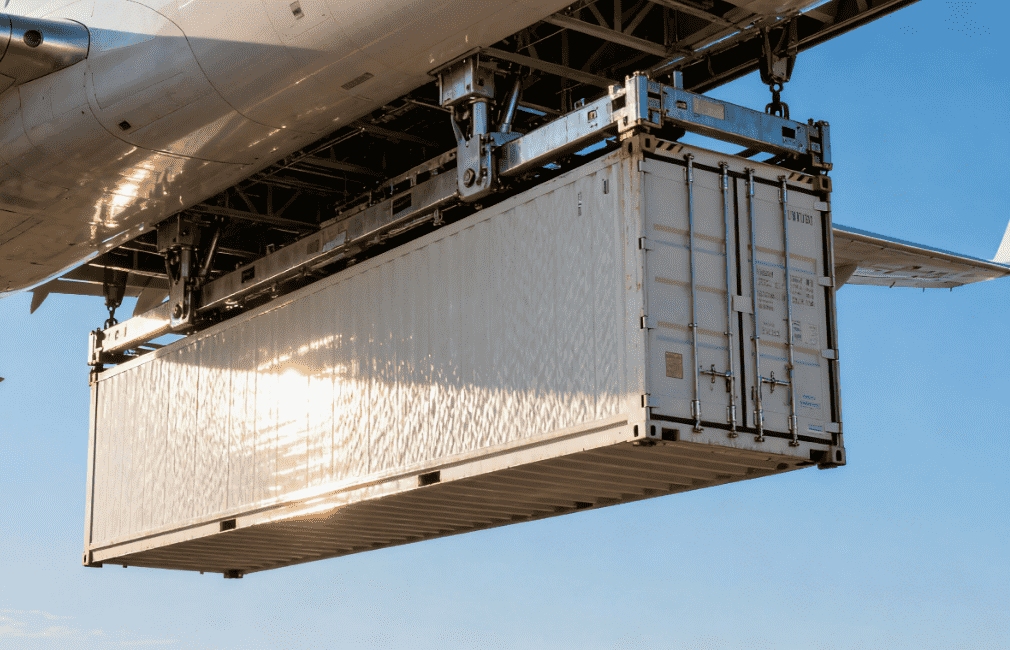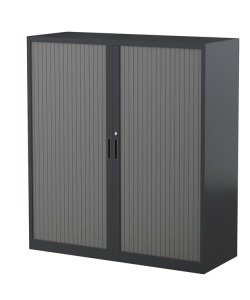
The global trade landscape is evolving rapidly, with businesses increasingly relying on efficient logistics solutions to bridge supply chain gaps. For companies importing goods from China to Sharjah—a bustling hub in the United Arab Emirates—understanding the cost dynamics, transit times, and service options is critical. This guide delves into the intricacies of container shipping, highlighting the role of reliable cargo agents and freight services in optimizing costs and ensuring timely delivery.
1. Why Sharjah Matters in Global Trade
Sharjah’s strategic location as part of the UAE makes it a gateway for goods entering the Middle East, Africa, and beyond. Its ports, including Khorfakkan Container Terminal, handle millions of TEUs (Twenty-Foot Equivalent Units) annually, offering seamless connectivity to China’s manufacturing powerhouses. For importers, this translates to faster market access and reduced inventory costs.
However, navigating the complexities of international shipping—from customs clearance to documentation—requires expertise. This is where logistics solutions tailored for the China-to-Sharjah route become indispensable.
2. Breaking Down Container Shipping Costs
The cost of shipping a container from China to Sharjah varies based on multiple factors. On average, prices range from 2,500to6,000 per 40-foot container, depending on the following:
A. Freight Mode: Ocean vs. Multimodal
- Full Container Load (FCL): Ideal for bulk shipments, FCL offers cost efficiency per unit but requires higher upfront investment.
- Less Than Container Load (LCL): Suitable for smaller shipments, LCL consolidates cargo from multiple shippers, reducing costs but extending transit time.
- Multimodal Solutions: Combining sea, rail, and trucking can optimize costs for inland destinations in Sharjah.
B. Route and Transit Time
Direct routes from major Chinese ports (Shanghai, Ningbo, Shenzhen) to Sharjah take 18–25 days, while transshipments via Dubai or Jebel Ali may add 3–5 days. Faster routes often come at a premium, but delays due to port congestion or weather can inflate costs.
C. Container Type and Cargo Nature
- Standard Dry Containers: Most common for general cargo.
- Refrigerated Containers: Essential for perishables, increasing costs by 30–50%.
- Special Equipment: Open-top or flat-rack containers for oversized goods incur additional fees.
D. Seasonal Fluctuations
Peak seasons (August–October and January–February) see a 15–25% price surge due to high demand. Planning shipments during off-peak periods can yield significant savings.
E. Incidental Costs
- Terminal Handling Charges (THC): Fees for loading/unloading at ports.
- Customs Duties: UAE imposes a 5% duty on most goods, plus VAT.
- Insurance: Recommended to cover losses during transit.
3. The Role of a Cargo Agent in Streamlining Operations
A competent cargo agent acts as a bridge between shippers and carriers, offering end-to-end freight services that include:
- Rate Negotiation: Leveraging partnerships with carriers to secure competitive pricing.
- Documentation Support: Handling bills of lading, certificates of origin, and customs declarations.
- Risk Mitigation: Advising on compliance with UAE’s import regulations (e.g., SASO certification for electronics).
- Real-Time Tracking: Providing visibility into shipment status via digital platforms.
For instance, a cargo agent familiar with Sharjah’s port operations can expedite clearance, reducing demurrage fees—a common hidden cost.

4. Choosing the Right Freight Service Provider
Selecting a freight service provider requires evaluating:
- Network Reach: Does the provider offer direct services from China to Sharjah, or rely on transshipments?
- Technology Integration: Digital tools for booking, tracking, and invoicing enhance efficiency.
- Customer Support: 24/7 assistance is crucial for resolving disruptions.
- Sustainability Initiatives: Eco-friendly practices (e.g., carbon-neutral shipping options) align with modern business values.
Winsail Logistics, a leader in international freight, exemplifies these qualities by combining global reach with localized expertise. Their tailored logistics solutions ensure cost-effective and reliable China-to-Sharjah shipments.
5. Hidden Costs to Watch Out For
Beyond base freight rates, importers must account for:
- Demurrage and Detention: Charges for exceeding free time at ports or container depots.
- Currency Fluctuations: Exchange rate volatility between USD and AED can impact costs.
- Congestion Surcharges: Imposed during peak port activity.
Proactive planning and a transparent cargo agent can minimize these risks.
6. Case Study: Optimizing Costs for a Sharjah Importer
A UAE-based electronics retailer faced recurring delays and inflated costs when shipping from Shenzhen to Sharjah. By partnering with a freight service provider offering multimodal solutions, they:
- Reduced transit time by 4 days via rail-sea consolidation.
- Cut costs by 18% through LCL consolidation for smaller shipments.
- Eliminated demurrage fees via accurate port time management.
This highlights how strategic logistics solutions can transform supply chain efficiency.
7. Future Trends in China-to-Sharjah Shipping
The logistics sector is embracing innovations like:
- Digital Freight Platforms: AI-driven tools for real-time rate comparison and booking.
- Blockchain: Enhancing transparency in documentation and payments.
- Green Logistics: Adoption of low-sulfur fuels and electric trucks to reduce carbon footprints.
Importers should align with providers investing in these technologies to stay competitive.
8. Conclusion: Partnering for Success
Shipping a container from China to Sharjah involves balancing cost, speed, and reliability. By collaborating with a trusted cargo agent and leveraging advanced freight services, businesses can navigate this route efficiently.
For tailored logistics solutions, explore options at https://www.winsaillogistics.com. Whether you’re a small enterprise or a multinational corporation, understanding the nuances of international shipping is the first step toward sustainable growth.
In an era where supply chain resilience defines success, choosing the right partner isn’t just a decision—it’s a strategy.
-
 Door To Door By Ocean Freight Fuel Filter From Guangzhou To Jebel Ali2025-10-11
Door To Door By Ocean Freight Fuel Filter From Guangzhou To Jebel Ali2025-10-11 -
 Ocean Freight Service Network Cabinet From Tianjin To Jeddah2025-10-10
Ocean Freight Service Network Cabinet From Tianjin To Jeddah2025-10-10 -
 Door To Door By Ocean Freight Playground Equipment From Shekou to jebel Ali2025-10-09
Door To Door By Ocean Freight Playground Equipment From Shekou to jebel Ali2025-10-09 -
 Ocean Lcl Freight Service Inconel 625 Wire from China to Chennai2025-09-30
Ocean Lcl Freight Service Inconel 625 Wire from China to Chennai2025-09-30 -
 Ocean Freight Service Cabinet Door from China to Dar Es Salaam2025-09-29
Ocean Freight Service Cabinet Door from China to Dar Es Salaam2025-09-29 -
 Door to Door by Ocean Freight Fixture Luminaries from China to Jeddah2025-09-28
Door to Door by Ocean Freight Fixture Luminaries from China to Jeddah2025-09-28

